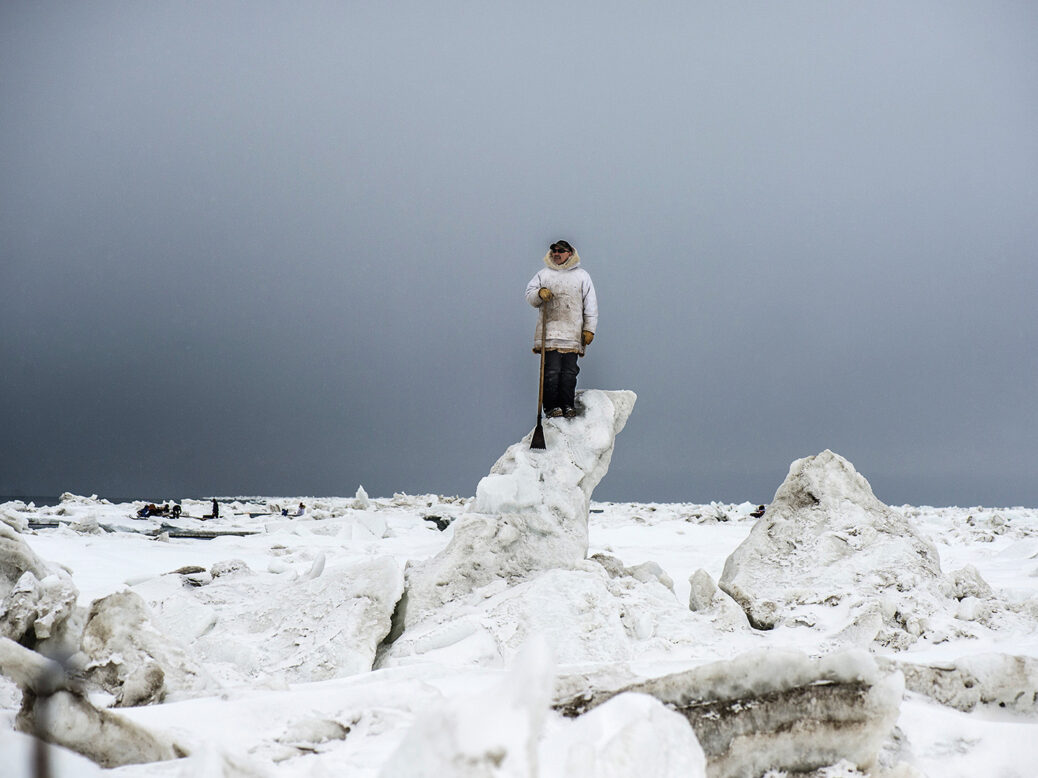
Halfway through Cop26, I tuned in to All Things Considered on National Public Radio (NPR), in hopes of finding a more inclusive view of the proceedings than was generally being offered. All the major networks had broadcast Greta Thunberg’s exit from the climate change debate, lambasting the proceedings as “a global greenwashing festival”. With the rest of the world, I had briefly eavesdropped on Joe Biden’s presidential catnap, and most of the other coverage had been equally superficial (and, often, quite disingenuous).
Initially, with the empty rhetoric of Kyoto and Paris still festering at the back of my mind, I had resolved to ignore this 26th Cop altogether (they do say that the definition of insanity is doing the same thing over and over again and expecting a different result), but I couldn’t help myself. Being human, I am given to hope and, as poet Marianne Moore sagely observed, hope is not really hope “until all ground for hope has vanished”.
All Things Considered had little to offer on the hope front, however – at least initially. The first section that drew me in (“Indigenous activists from around the world are in Glasgow for Cop26, but say the same legacy of colonialism that has led to climate-related losses has impacted their access to the conference”) featured a mixed group of indigenous people from as far apart as New Zealand and Alaska. They were obliged to bivouac for the duration of Cop26 in cramped and overcrowded digs above a pub in Stirling, since they couldn’t afford to stay in Glasgow itself. These young, self-funded delegates were At Cop26, delegates from these groups were frank and articulate – and shamefully overlooked. – yes – hopeful, if only out of necessity.
[see also: To be alone in Norway’s highlands is to remember what it is to be human]
Perhaps the most engaging was a young woman named Ruth Łchav’aya K’isen Miller, a native Dena’ina Athabaskan from Alaska. She had originally been invited to speak at an indigenous people’s event with Alok Sharma, and hoped to remind conference delegates of “our indigenous diplomats and the ways that we call in deep community”, while drawing their attention to the loss of “our Sitka, our salmon dying in our streams of heatstroke”. She lost that opportunity when the session overran and her spot was unceremoniously axed. She had come all that way, on her own money, only to be silenced.
The essence of the NPR discussion, however, was summed up in a remark Miller made about the roles imposed on indigenous people, not only at Cop26, but in any environmental debate. Speaking of the compromises indigenous people must make in order to be heard at all – “whitening our speech and whitening the way that we behave and wearing blazers and such” – she noted that “if we do bring our whole indigenous selves, it gets translated as a photo opportunity”.
Like many native activists, she has run up against a mindset that wants to see indigenous groups as helpless victims – even though, as she observed, many indigenous people are “extremely well-versed in the substantive content” of environmental debate and negotiation. Indeed, it is hard to think of anyone who suffers more from projection and wilful misunderstanding than indigenous peoples, wherever they dwell. And yet, as the American writer Gerald Vizenor has remarked: “Decidedly, the stories that turn the tribes tragic are not their own stories.”
Not much room for hope so far, I suppose. On the contrary: what I was hearing was the same old story of exclusion, tokenism and patronising feel-good gestures. Yet there was something in this broadcast that lifted my spirits. As the programme closed with a traditional song, I remembered the old, true cliché that, as much as some of us fall down on the job, we are all creaturely beings. If any of us are to continue, we will have to learn from those closest to the land and the sea what it is we really want, as opposed to what the jolly global greenwashing festival is trying to sell us.
[see also: In the wake of a locked-down year, the seasons feel out of kilter]
This article appears in the 17 Nov 2021 issue of the New Statesman, Democracy's last stand






